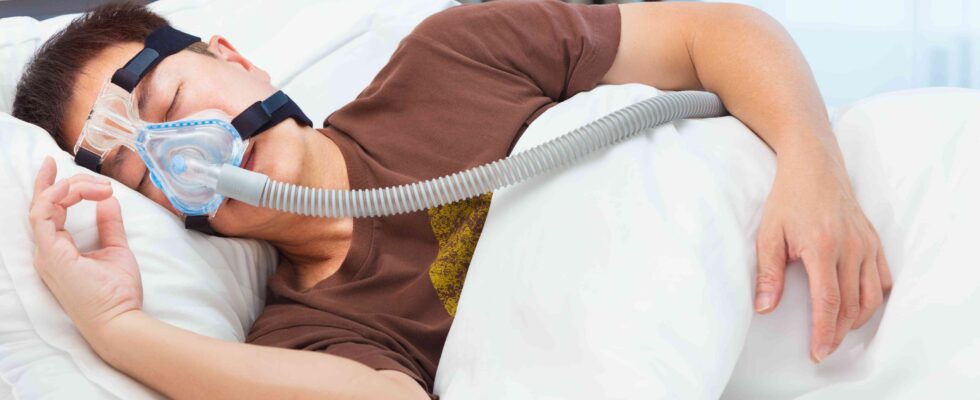Do you wake up suddenly in the middle of the night gasping for air? Do you feel discomfort and uneasiness while you sleep? This usually indicates an underlying cause such as sleep apnea. It is a medical condition that needs proper care and management. If left untreated it can lead to adverse complications.
If you think you may be at risk for sleep apnea, get in touch with our dentist in Downtown Chicago, to seek necessary diagnostic testing, and treatment to improve your sleep and quality of life.
What is sleep apnea? What are its ill effects?
Sleep apnea refers to a medical condition that is characterized by a disruption in normal breathing while you are asleep. It often occurs due to an abnormal airway obstruction that cuts off the oxygen supply. This results in the activation of your body’s survival reflex, which is why you wake up frequently at night. This reflex keeps you alive but may interrupt your normal sleep cycle.
Types of sleep apnea:
- Obstructive apnea: Occurs due to airway obstruction
- Central apnea: Occurs if your brain does not control your breathing correctly
- Complex apnea: Occurs due to a combination of both
Untreated sleep apnea can pose a risk by causing several complications:
- Stroke
- Heart disease
- Hypertension
- Diabetes
- Depression
- Irregular heartbeat
How is sleep apnea clinically manifested?
The symptoms of sleep apnea include:
- Extreme fatigue on waking up
- Daytime sleepiness
- Loud snoring while asleep
- Sleep disturbances at night
- Anxiety and depression
- Trouble concentrating
- Memory loss
- Unusual breathing pattern
- Night sweats and heartburn
- Sexual dysfunction
- Headaches early in the morning
How do dentists manage sleep apnea?
Based on the type of sleep apnea and its severity, treatment options include:
Non-surgical options: For mild to moderate cases
- Conservative approach
- Weight loss
- Changing sleep positions
- Nasal sprays
- Treating the underlying conditions such as heart failure
- Medications
- Decreasing or stopping opioid pain medications
- Continuous positive airway pressure (CPAP) and adaptive ventilation
- It uses a specialized device to increase the air pressure inside your airway.
- Oral appliances or mandibular repositioning appliances
- These devices hold your tongue and jaw in a position to keep pressure off your windpipe.
- Nerve stimulators
- They relax your tongue and jaw to prevent any unwanted pressure on your windpipe that may lead to airway obstruction.
Surgical options: For severe cases with increased risk of complications
- Nasal surgery
- Tonsillectomy/ adenoidectomy
- Uvulopalatopharyngoplasty (UPPP)
- Jaw surgery
Final takeaway
Sleep apnea is a prevailing medical condition that disrupts your sleep due to lack of oxygen causing breathlessness. It can lead to several life-threatening complications if left untreated. Thus timely medical care is crucial to improve your overall health and well-being.


